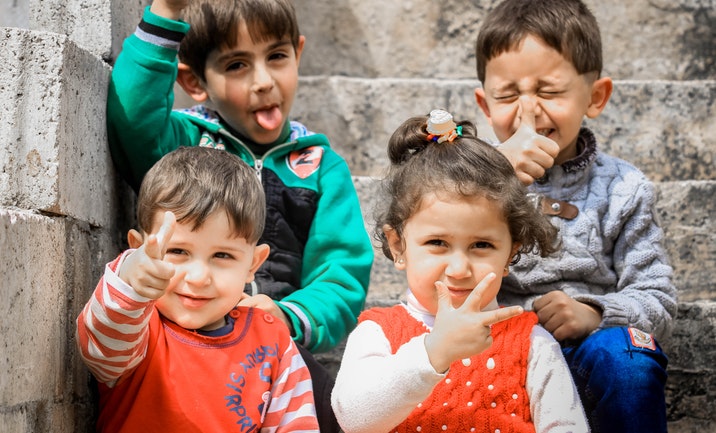The thought of your child being a bully is pretty disturbing. In fact, no parent wants their child to be highlighted as a bully at the school. But the fact is there a lot of children who bully others. Even kids who are well-mannered get involved in bullying, so don’t be surprised if you get the call.
If you do come to know that your kid is bullying others, try not to be shocked. Instead, look into the problem and find a solution to it. For example, sometimes bullying is an outcome of a sense of entitlement or peer pressure. Other times, it’s just a reaction of being a victim to bullying itself, and sometimes it’s the result of your child having difficulty in managing anger or impulses control.
Why Do Children Really Bully?
It’s essential to keep in mind that children don’t bully because they are mean or bad. They engage in all kinds of behavior, which doesn’t mean it’s a reflection of their personality. They are still discovering they are polite kids who have just made some mistakes. There are several reasons why a well-behaved kid might be rude to other children, following are a few reasons:
- He/she is getting bullied at home or school and is trying to regain the feel of power by acting mean towards others.
- The child has made friends with a certain group who are doing the same
- She/he is trying to seek attention from parents, classmates or teachers and hasn’t been successful in receiving it from other ways.
- The child, by nature, is more impetuous and self-assured than her peers.
- She/he doesn’t feel how their behavior is affecting the victim, particularly the younger children.
By speaking to your kid about this behavior and understanding their perspective and what’s going on, guiding them through right friendship behaviors, you can control bullying and highlight the issues that might have sourced such behavior to happen in the first place.
Starting The Counselling At Home
When you want to know what is triggering such behavior in your child, you first need to see what’s happening at home. Kids who live in negative environments with name-calling, yelling, harsh criticism, or physical anger from a parent or sibling may act so in such atmosphere.
It’s common and natural – for children to get into small fights with their siblings at home. And unless there is a risk of physical violence, there is no need to get involved. But monitor the physical altercations and name-calling and make sure you talk to each child about what is acceptable and what’s not.
But make sure that doesn’t convert into accusations and name-calling. If you are not pleased with your child’s behavior, make sure you tell your child that’s the behavior you want them to change, and you have confidence that she or he can do it.
If there is a stressful event happening in your family which could have contributed to your child’s aggressive behavior, reach out for help from the communities at school: pastors, guidance counselors, doctors, and therapists can help.
How To Handle Your Child’s Bullying Issue
You need to tell your child that their habit of bullying is not Okay. Try to be easy and calm, but make sure you make the point in front of them that it needs to stop.
Let’s start:
- Tell your child what bullying is, talk to them about what they are doing and how it affects others, listen to their point of view, and avoid blaming.
- Help your kid comprehend that their behavior is hurting others – for example ask them “would you like someone to do to your little sister? Or “how would you feel if that happens to you?”
- Keep a watch on your child’s phone and internet activities.
Dealing With Bullying At School
You must speak to the teachers and counselors at school about the policies an guidelines for bullying. They will use these to decide the outcomes for your child.
If you are in favor of the organization’s decision, it will send a strong message that as a parent you are not ok with their bullying. You can also ask how you can help at home to support the decision and then check in about the updates with the school regularly.
Think About Why Is It Happening
You can also look for potential reasons for the cause of bullying; this might assist you in working out a solution that can help in stopping the oppression – for instance:
- Is your child bullying others because he has experienced it himself? Talk to the organization or school about how your kid can avoid being a part of it.
- If your kid is being bullied? Some kids bully because they have been frightened in the past. Listen to your kid and understand the signs that might be a victim of bullying.

